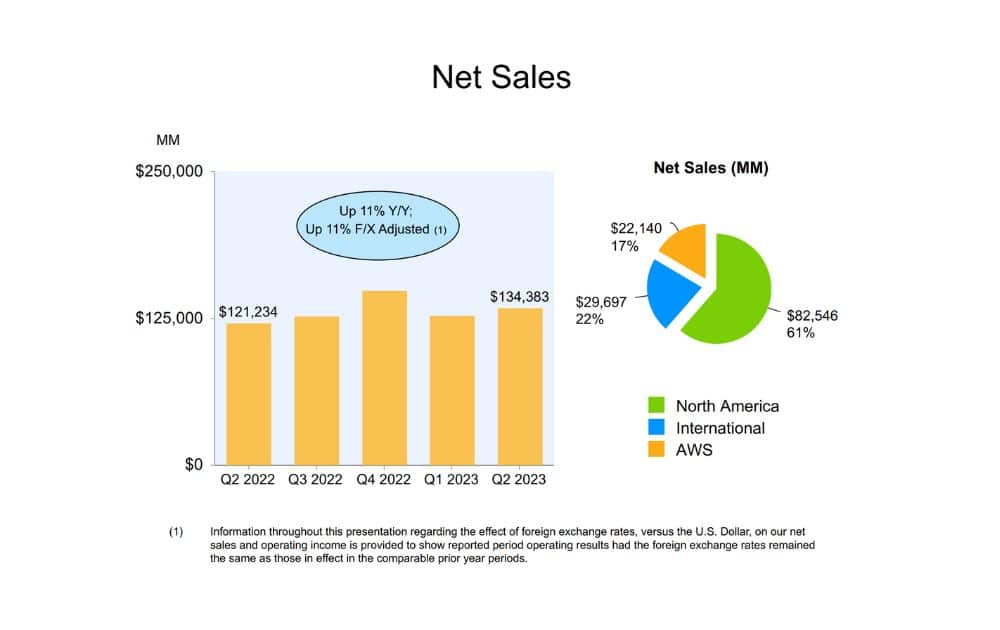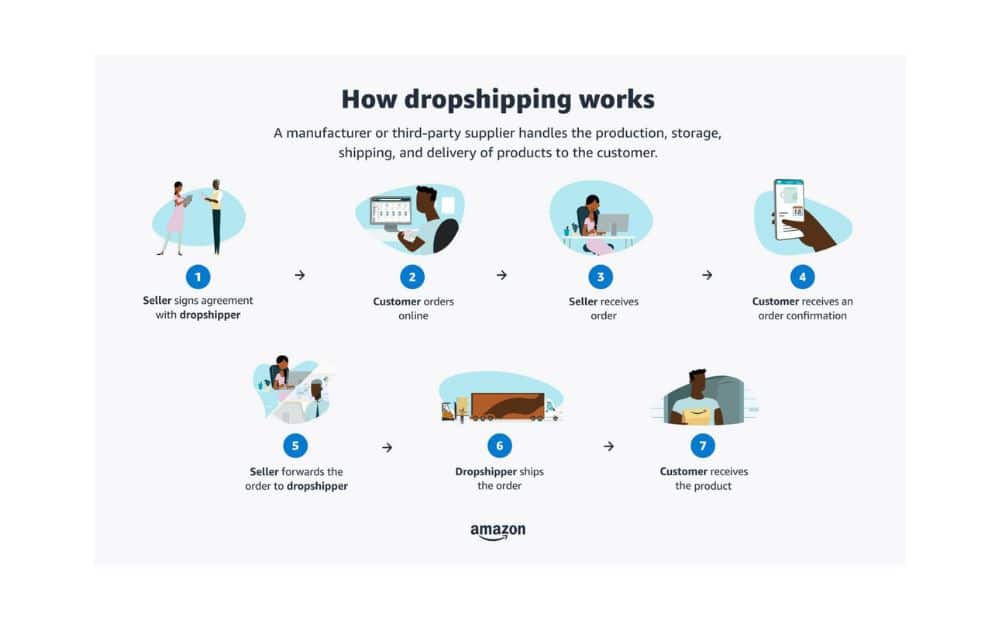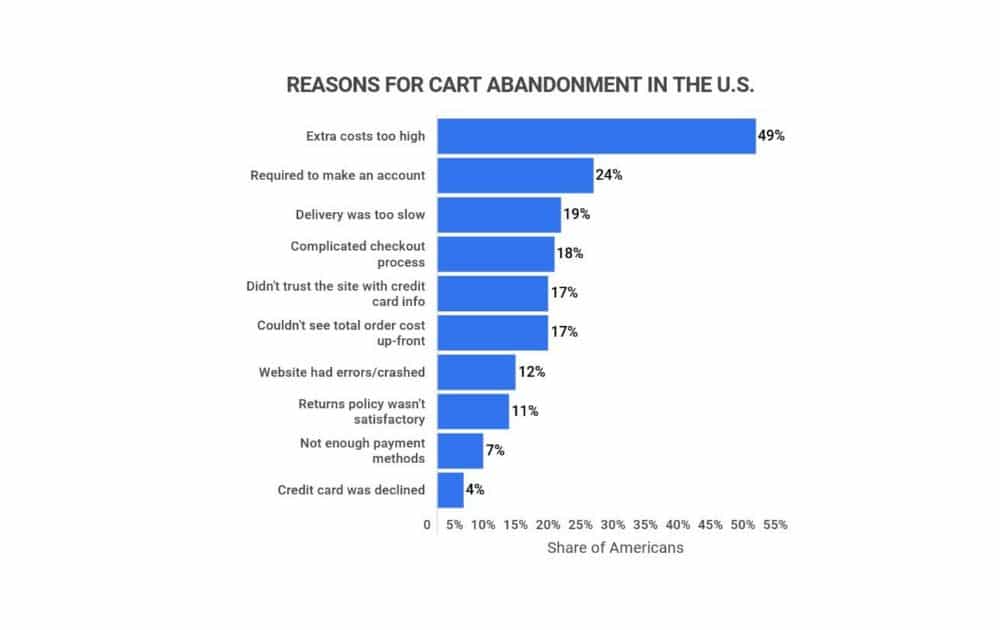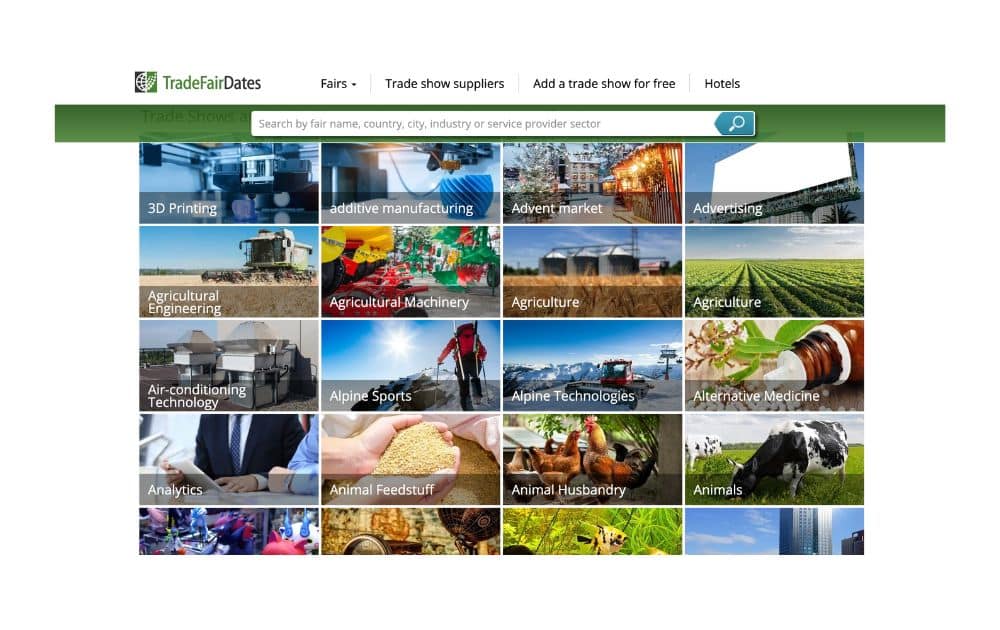The success of an Amazon business doesn’t solely depend on the products you sell, but also distributors for Amazon. These are the suppliers you choose to partner with, who can connect you to a world of merchandise waiting to be explored.
Amazon’s net sales rose 11% in Q2 2023, compared to the same period in 2022, indicating continuous marketplace growth. To cater to this demand, sellers need access to a variety of products, which often requires partnerships with the right distributors.

Whether you’re an experienced seller looking to diversify your product range, or a newcomer aiming to enter the world of Fulfillment by Amazon (Amazon FBA), understanding how to find and collaborate with the right suppliers is a crucial step toward achieving your e-commerce goals.
Below, weunravel the strategies and tactics to help you navigate the complex landscape of distributor sourcing.
What Wholesalers to Use for Amazon
Before we discuss how to find distributors, let’s tackle the basics of wholesale distributors for Amazon.
These businesses supply products to Amazon sellers, enabling them to source inventory for their Amazon stores. These ventures play a crucial role in the supply chain for FBA sellers, as they offer the following functions:
- Product Sourcing. Distributors procure products from various sources, including manufacturers, wholesalers, importers, and more.
- Inventory Stocking. These ventures maintain an inventory of products in their warehouses or storage facilities. This allows Amazon sellers to access a wide range of products without having to purchase and store inventory themselves.
- Wholesale Pricing. Distributors often offer products at bulk pricing, which can be more cost-effective for Amazon sellers when compared to retail pricing.
Here are common types of distributors for Amazon FBA and the main pros and cons of each:
Wholesale Suppliers
Wholesale suppliers or wholesalers are ventures that purchase products in large quantities (typically in bulk) from manufacturers and importers. They then break down these bulk quantities into smaller units and sell them to retailers or resellers.
These distributors for Amazon are a link in the supply chain that helps products move from manufacturers to consumers.
Pros:
- Wholesale sourcing offers a wide range of products in various categories
- Typically provides volume discounts for larger orders
- Can supply consistent inventory for FBA sellers
- May have established relationships with brands and manufacturers
Cons:
- Pricing may not be as competitive as sourcing directly from manufacturers
- Minimum order quantities (MOQs) can be substantial for some products
Dropshippers
When using this fulfillment, shops don’t keep the products they sell in stock. Dropshippers are essentially third-party suppliers who partner with e-commerce businesses to fulfill orders on their behalf.
Unlike traditional retailers or wholesale distributors for Amazon, dropshippers do not stock or store inventory. Instead, they source products directly from manufacturers or wholesalers, and ship them to customers when orders are placed.

Some sellers use a hybrid model that combines both Amazon FBA and dropshipping. In this setup, you can use FBA to store your high-demand products, while using dropshipping for items that have lower demand.
Pros:
- Dropshipping on Amazon doesn’t require upfront inventory investment
- No storage or fulfillment responsibilities for sellers
- Flexibility to offer a wide range of products without the risk of unsold inventory
- Can start with minimal capital
Cons:
- Potentially lower profit margins due to higher product costs
- Less control over shipping and fulfillment processes
Manufacturers
Manufacturers are ventures that engage in the production and assembly of products. They transform raw materials, components, or parts into finished goods ready for distribution and consumption.
Manufacturers operate in various industries and can create products ranging from electronics and apparel to machinery and food items.
Pros:
- Manufacturers offer the lowest pricing since there are no intermediaries
- Ability to customize products or create private label products
- Control over product quality and specifications
- Potential for long-term partnerships and exclusive arrangements
Cons:
- MOQs may be high for custom or private-label products
- Manufacturers may have stricter requirements and quality standards
This option is a top choice for sellers who prioritize competitive pricing. After all, data says 49% of ecommerce shoppers abandon their carts due to cost-related reasons.

As an Amazon seller, choosing distributors for Amazon should align with your business model, niche, goals, and available resources.
Wholesalers provide access to a wide range of products, while manufacturers offer customization and quality control. Dropshippers, on the other hand, provide a low-risk, low-investment entry into the market.
Finding Distributors for Amazon
Finding distributors for Amazon involves several strategies and methods. Here are some effective ways to go about it:
Online Wholesale Marketplaces
Wholesale marketplaces are a great place to start when looking for wholesale distributors for Amazon FBA. These platforms provide access to a vast and diverse catalog of products across various industries and niches.
As a result, you can explore different product categories and diversify your offerings. Here are a few popular online wholesale marketplaces to check out:
Trade Shows and Exhibitions
These events provide opportunities for sellers to network, discover new products, and establish direct relationships with distributors for Amazon.
Trade shows and exhibitions often showcase a wide range of products across various industries and niches. Each fair is an opportunity to check out trending products as well as new ones to explore.

Directories and Databases
Directories and databases compile lists of verified suppliers. These entities often come across various industries, making it easier for sellers to find reliable partners.
These resources offer user-friendly search and filtering options, allowing sellers to narrow down their search. For instance, you can search suppliers based on product category, location, MOQ, and other criteria.
Referrals and Recommendations
Finding reliable distributors for Amazon can be a hit or miss. One shortcut to finding a reputable one is through referrals and recommendations. Leveraging the insights of others in the industry can lead to valuable partnerships and streamlined sourcing processes.
Having a firsthand account of what it’s like to partner with a particular supplier is invaluable in the fast-paced world of ecommerce. It can save you time and effort in the supplier selection process, and allow you to skip extensive online research and due diligence.
Cold Outreach
Cold outreach is a proactive method that Amazon sellers can use to find suppliers for their businesses. It involves reaching out to potential suppliers who may not be actively advertising their services but could be a good fit for your sourcing needs.
This approach can also help you offer low-competing products on Amazon. After all, a cold outreach can consume time and effort, and not many sellers would rather find suppliers via an easier route.
Tips on Finding Distributors for Amazon
Here are a few tips for finding the best distributors for Amazon FBA:
- Know Your Product Niche. Before you start searching for suppliers, be sure you understand your product niche and target market. This will help you find suppliers specializing in your industry.
- Leverage Social Media. Join industry-specific groups and forums on platforms like LinkedIn, Facebook, and Reddit. Engaging with professionals in your field can lead to supplier recommendations.
- Network with Other Sellers. Connect with other Amazon sellers, especially those in your niche. They might be willing to share their contacts or provide insights.
- Verify Credentials. Ensure that the supplier you’re considering is trustworthy and has a proven track record. Look for customer reviews, testimonials, and their history in the industry.
- Evaluate Location and Shipping. Consider the supplier’s location in relation to your business and Amazon fulfillment centers. Efficient shipping and logistics are crucial for timely deliveries.
- Negotiate Terms. When you’ve identified suppliers, negotiate terms that work for both parties. Pay attention to pricing, payment terms, minimum order quantities, and shipping arrangements.
The Bottom Line
Thorough research and networking will help you discover distributors for Amazon who align with your goals and values. While it may take time to identify the perfect fit, patience and due diligence are key.
Finding the right suppliers is just one piece of the puzzle, however. Your overall business strategy, marketing efforts, customer service, and product quality all play integral roles in your Amazon success story.
Author

Carla Bauto Deña is a journalist and content writer producing stories for traditional and digital media. She believes in empowering small businesses with the help of innovative solutions, such as e-commerce, digital marketing, and data analytics.



